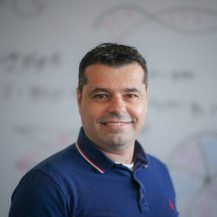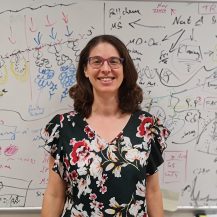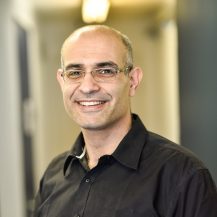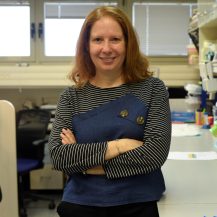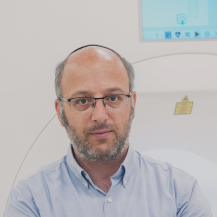Research
Computation & AI

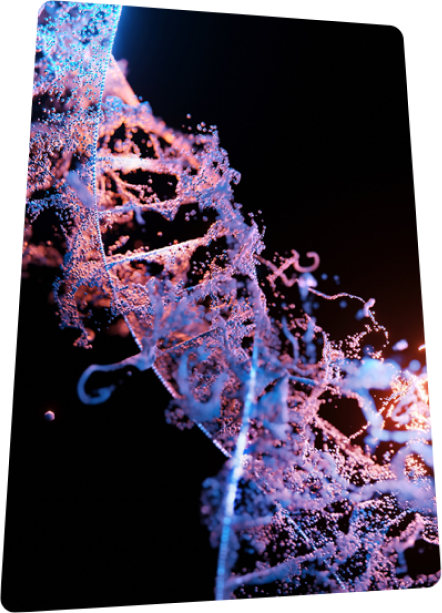
Artificial intelligence (AI) is emerging as a groundbreaking way of re-shaping cancer research and oncology, leading to dramatic changes in medicine as well. Cancer researchers and clinicians now use machine learning, advanced modeling, and large data mining to improve research, diagnosis, treatments, patient care, and outcomes.
Computational biologists, computer scientists, and mathematicians, use AI to develop algorithms capable of performing unprecedented calculations and tasks, as well as analyzing different types of large genomic and proteomic data sets, predicting protein structures, patients’ samples and radiological images, and screening large sets of history records of both patients and healthy individuals. Thus, different areas of mathematics, computer science, and algorithm development are converging to form a new transformative venue in cancer research and oncology.
AI
Geva-Zatorsky Naama
Naama Geva-Zatorsky
Gut Microbiota–Host Interaction Lab
Rappaport Faculty of Medicine
Shamay Yossi
Yossi Shamay
Cancer Nanomedicine and Nanoinformatics Lab
Faculty of Biomedical Engineering
Shimron Efrat
Efrat Shimron
Medical AI & MRI lab
Faculty of Electrical and Computer Engineering / Bio-Medical Engineering
Big Data Analysis
Geva-Zatorsky Naama
Naama Geva-Zatorsky
Gut Microbiota–Host Interaction Lab
Rappaport Faculty of Medicine
Half Elizabeth
Elizabeth Half
Center for Early Detection and Prevention of Cancer
Rambam Medical Center
Reizel Tzachi
Tzachi Reizel
Epigenetic Editing Research Lab
Faculty of Biotechnology and Food Engineering
Computational Cancer Biology
Shimron Efrat
Efrat Shimron
Medical AI & MRI lab
Faculty of Electrical and Computer Engineering / Bio-Medical Engineering
Machine Learning
Meller Amit
Amit Meller
Single molecule biophysics and bio-nanotechnology Lab
Faculty of Biomedical Engineering
Shimron Efrat
Efrat Shimron
Medical AI & MRI lab
Faculty of Electrical and Computer Engineering / Bio-Medical Engineering











